Genetics
Genetics is the branch of biology that studies how biological inheritance is transmitted from parents to children and how our body works. Learn the details of the specialty and the latest avant-garde. The transmission of diseases and what we can do at Instituto Bernabeu to detect them and prevent them from being transmitted to new generations. As well as the new tests and firsts that arise from our lines of research.
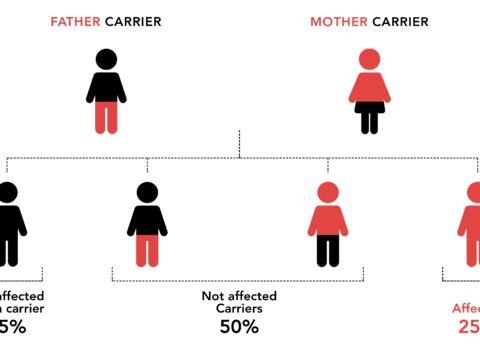
GCT: Genetic Compatibility Test to avoid passing hereditary diseases
Our Genetic Compatibility Test (GCT) based on next-generation DNA sequencing analyzes more than 600 or 3000 disorders. For a person with an hereditary disease, eliminating the chance of passing that disease on to their children becomes a desire […]
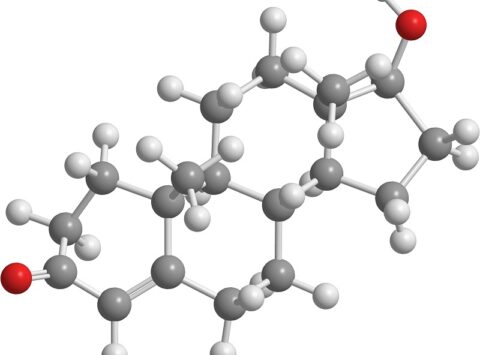
Testosterone and its effect on Male and female fertility
Testosterone is an androgenic sex hormone produced primarily in the testes, however the adrenal glands also secrete small amounts. It’s considered the most important androgen hormone in men, as it influences spermatogenesis, development of secondary […]
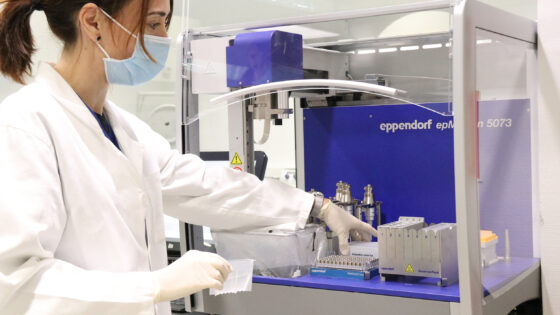
Progress in genetic diagnosis of recurrent pregnancy loss: studying the exome
The ESHRE (European Society of Human Reproduction and Embryology) definition of patients who suffer from recurrent pregnancy is a woman who has had two or more pregnancy losses before week 20 of pregnancy. What are […]

The importance of DNA in our lives: April 25 International DNA Day
April 25 is celebrated as DNA Day, commemorating the discovery the DNA structure by Watson and Crick in 1953. Furthermore, this date coincides with another important milestone in the DNA history, such as April 2003, […]
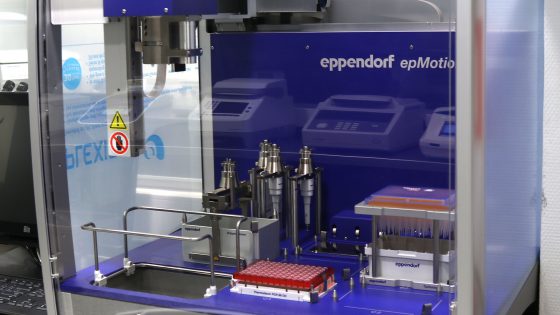
Expanded GCT. Screening of more than 3000 genetic diseases
We have the latest technology to study and avoid the main hereditary diseases Preconceptional genetic studies (also called carrier studies) aim to prevent the birth of a child with recessive diseases. Recessive genetic diseases behave […]
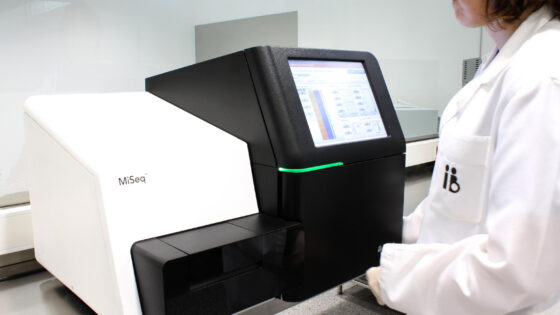
Why is it important for parents and donors to have a GCT (genetic compatibility test)?
Hereditary disorders (disorders that are transmitted from parents to offspring) include a group of disorders known as autosomal recessive disorders. Disorders of this kind are uncommon. However, they do tend to be rather serious. Indeed, […]
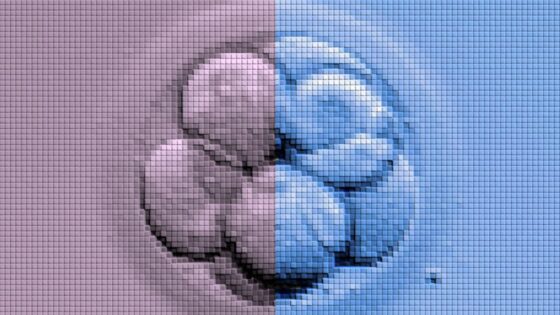
Is there a difference in the embryo developing according to gender?
Patients undergoing an in vitro fertilization treatment usually ask if are able to distinguish between male and female embryos while observing them in the lab. Can we know the embryo gender before implantation in the […]
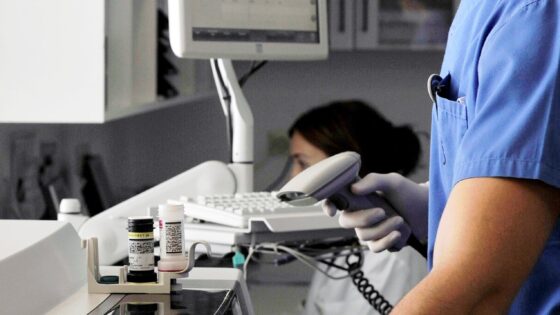
Importance of clinical trials for the discovery of new drugs and therapies in Reproductive Medicine
For a new drug to be marketed and used in humans, research must be preceded by laboratory studies and animal experimentation. If under these conditions the study drug meets the established requirements, it can begin […]
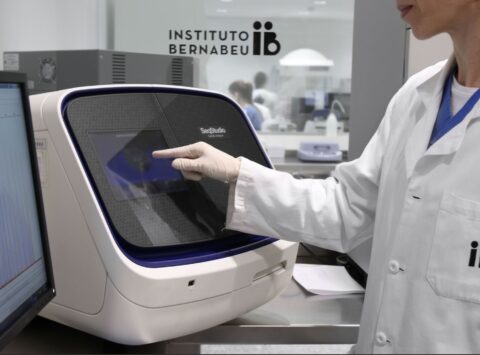
Y chromosome microdeletion: Male sterility and genetic material loss diagnostic technique
We all have 46 chromosomes: 23 of them are inherited from our father and 23 are from our mother. The genetic information for our entire body is stored within these chromosomes. Two of the 46 […]

How do genetics and epigenetics affect the embryo?
What are genetics and epigenetics? Genetics and epigenetics are two, closely-related branches of biology. The former is much more well known and consists of studying how hereditary characteristics are passed on from generation to generation. DNA is the […]
